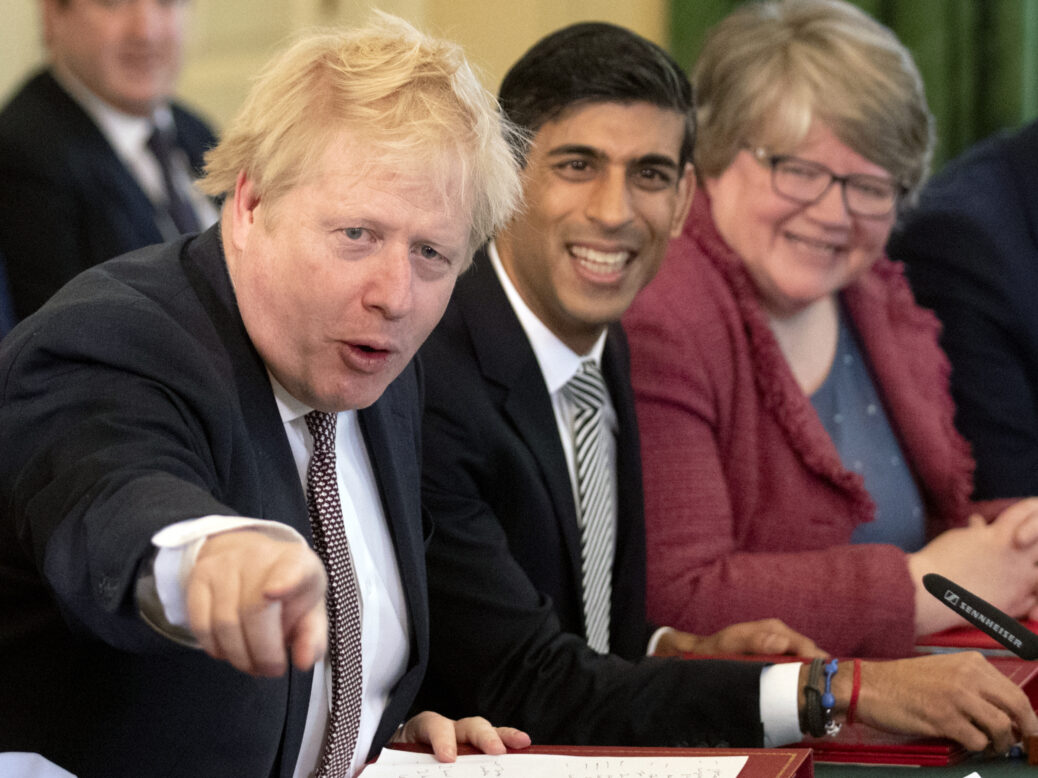
In autumn the government plans to make the biggest overnight cut to benefits since the creation of the welfare state.
The £20 weekly uplift to Universal Credit, introduced by the Chancellor, Rishi Sunak, last March to help people through the pandemic, is coming to an end – meaning the UK is heading for the “biggest overnight cut to the basic rate of social security since World War Two”, according to analysis by the Joseph Rowntree Foundation.
[See also: Why cutting Universal Credit is even worse than you think]
The basic Universal Credit payment for a single person aged over 25 will drop by £87 a month (or £1,040 a year).
Half a million more people face being pulled below the poverty line, including 200,000 children, as a result of the £20 uplift expiring at the beginning of October.
As calls to make the uplift permanent intensify – including from six former Conservative work and pensions secretaries – it’s shaping up to be a point of vulnerability for the government.
Naturally, ministers are getting their excuses in early. One of their main justifications seems to be that they want to focus on bringing people back into work.
“The emphasis has got to be about getting people into work,” Boris Johnson told the Liaison Committee in July, and that the government is focusing on a “jobs-led” recovery.
“The collective decision was made that as we see the economy open up, we shift the focus strongly into getting people into work and jobs,” the Work and Pensions Secretary Thérèse Coffey told the Work and Pensions Select Committee in July.
“I don’t think [the £20 Universal Credit uplift] will help the most… Now, as the economy is reopening and businesses are hiring again, the right thing to do is to help people find really well-paid jobs,” Sunak told Sky News in August. The Prime Minister reiterated this point, saying claimants should rely on wages rises “through their efforts rather than through taxation of other people put into their pay packets, rather than welfare”.
The suggestion that “getting into work” and claiming Universal Credit are mutually exclusive, however, is disingenuous. More than a third of Universal Credit claimants are already working.
The latest figures show 37 per cent are in work, and a further 35 per cent are actively searching for work.
Chart by Patrick Scott
The figures also show that 42 per cent of claimants have no requirements to search for work, and 51 per cent have requirements to search for work.
Perhaps our politicians should be seeking an end to in-work poverty instead of cutting what remains of the safety net.






